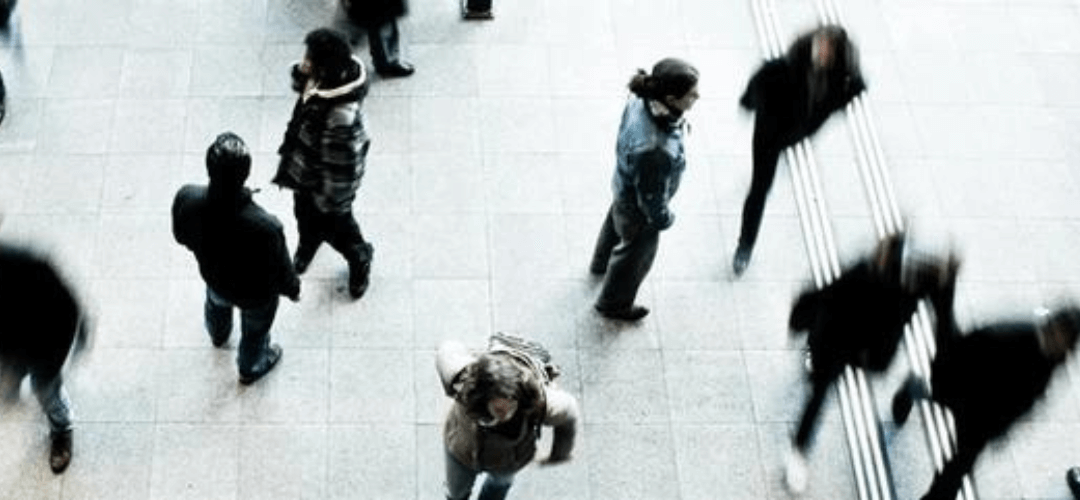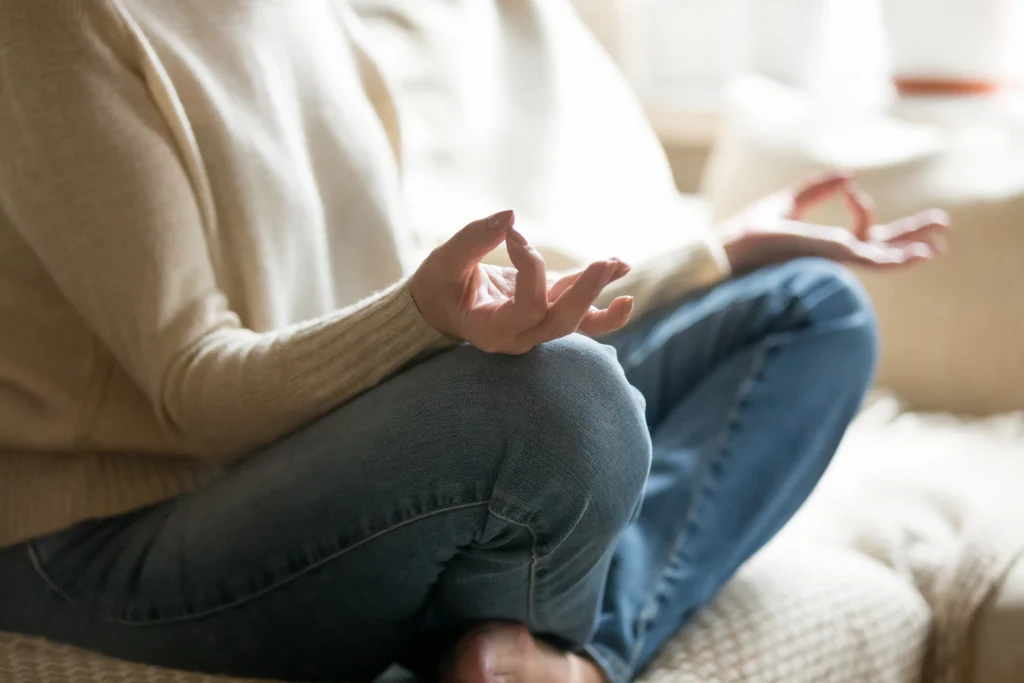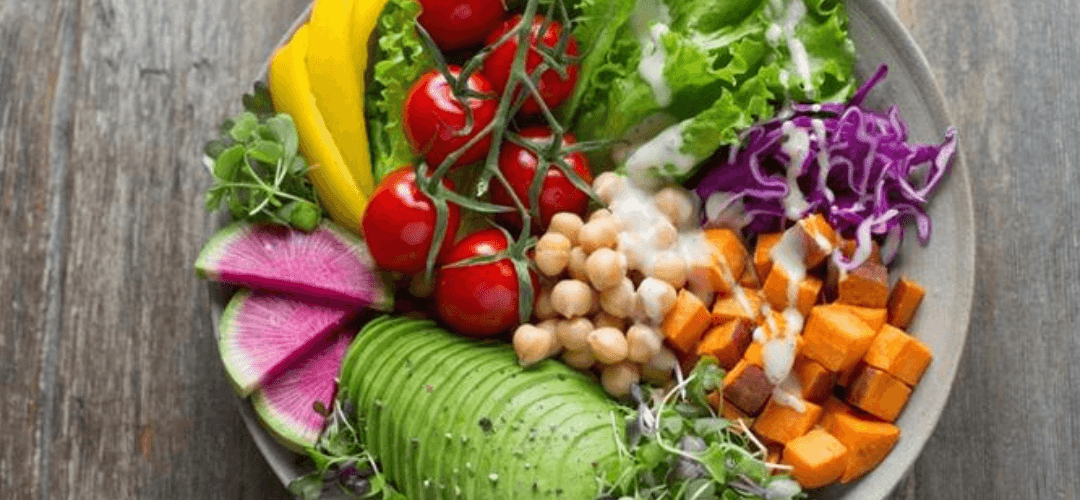


The Art of Doing Nothing
Our worth can appear wrapped up in financial success, achievements, appearance, academic excellence, vacations, Instagram followers, and the rush of everyday life.
Millions of us each day rush to get to work and stress about daily life. Now that we are at home and no longer experiencing this daily rush, life can feel empty, some of us feeling existence has been put on hold and mourning the life we had before the lockdown.
Though time indeed needs to be given to acknowledging these feelings, it is also a time to take inventory of our lives. Are we truly happy? Many of us put values and see working hard to the point of exhaustion as a badge of honour and achievement. Does this need to be the case? What else is there if we take away the daily struggle and rush?
Daring to look outside these limits and standards of self-worth and success can be so freeing. Stillness is the key to much success.
Looking at the way we grew up, the standards, rules, and expectations that we have grown up with and the beliefs and assumptions around relaxation. These may consciously or unconsciously be playing a role in how we conduct and structure our lives today. Underlying beliefs can play a part in how we use this time and cope with the situation of being forced to take a break from everyday life.
Having this awareness and permitting ourselves to rest can allow us to remove all guilt and shame attached to staying at home and reading, watching Netflix, gardening, meditating and relaxing in whichever form this has taken for you at the moment. Braking free from these expectations and rules we have for ourselves can give us space to proudly answer the question of what did you do on the weekend? With I did nothing, and feel it was wonderful.
Our body mind and spirit need time to slow down. We can use this time to look within and check in with ourselves and see and feel how you are doing. Doing less can bring more joy, creativity, clarity, and peace, leading to being more productive and alive when it is time to work rather than feeling confused, stressed, and exhausted.

Give yourself a time out.
Have a cup of tea and enjoy it, read a book, take a bubble bath, turn off your phone, write in your journal, and have a cleanse of everyday stress and expectations. Check in with yourself and ask yourself, how are you doing? What do you need to feel better? And what can I do for you?
The way we talk to ourselves is ever relevant in our internal dialogue with ourselves and has an impact on how we feel and act. Notice this.
Try and speak to yourself as you would talk to a 5-year-old child you love. We all need attention, love, care, and affection. Try giving that to yourself and giving yourself permission to slow down and find what you need.

How to hack your Diet to Reduce Stress
Did you know that you can change the way your body reacts to stress by making some easy changes to your diet?
As well as feeding you, the food you eat feeds the trillions of bacteria that live in your gut. Some studies find regulating gut bacteria via diet can have a positive impact on anxiety symptoms. The amount and types of bacteria in your gut are affected by your diet, and good dietary choices can “communicate calm to the brain”, according to Rangan Chatterjee, medical doctor and author of The Stress Solution.
Fruit and Veg
The cheapest and most simple way of giving your gut more ‘good’ bacteria is to eat a wide range of foods. A great way to remember to do this is to ‘eat the rainbow’ – try eating five different coloured fruits and vegetables every day.
Cut the Sugar
If you find yourself craving sugar, you’ll probably be well aware of the sugar highs and crashes that come with eating your favourite sweet treat. This journey of ups and downs may have negative side effects, such as lack of concentration and tiredness, which can hinder your ability to cope with stressful situations.

Reduce your Caffeine
The positive and negative effects of caffeine on anxiety have been recorded. Most studies are based on research done with people already diagnosed with anxiety, but Medlin says the results can often be applied to people suffering from everyday stress.
Drinking caffeine can affect your sleep, which may impact the way you deal with stress. If drinking or eating caffeine negatively affects you, it’s a good idea to switch to decaf (although do this slowly, as caffeine withdrawals are no joke!).
Limit your alcohol intake
Alcohol may seem to give you temporary stress relief but in the long run, it also increases stress on the body in multiple ways. It affects sleep quality, dehydrates the body and much more. This is because alcohol affects the neurotransmitters in your brain. These are chemicals that send messages from one nerve in your brain to another. Alcohol stops them from working correctly and has a negative impact on your mental health and wellbeing.
If you need help coping with stress, anxiety & depression or any other mental health concerns, don’t hesitate to contact me here.

